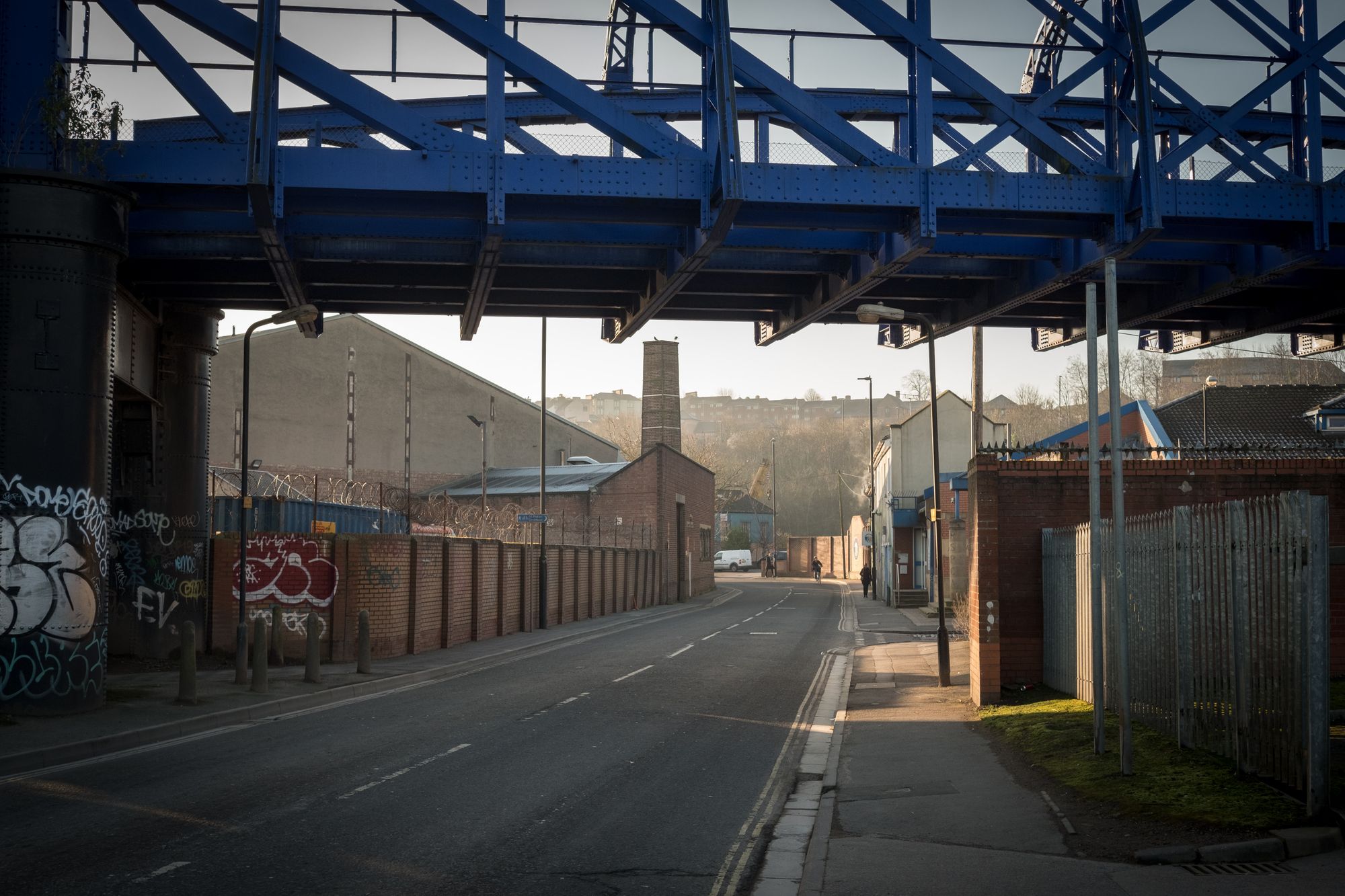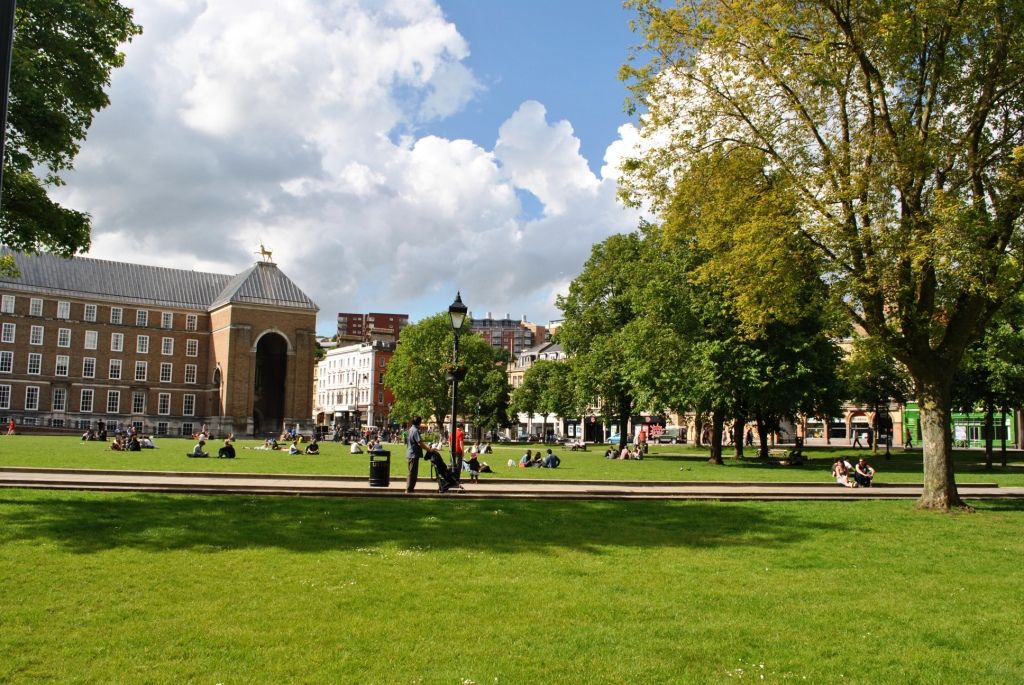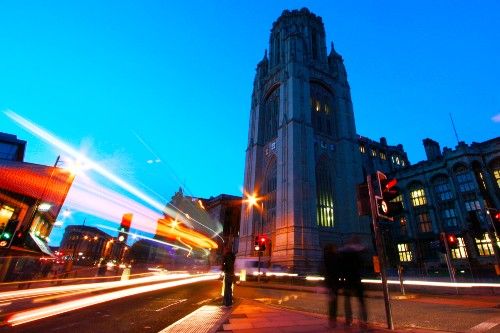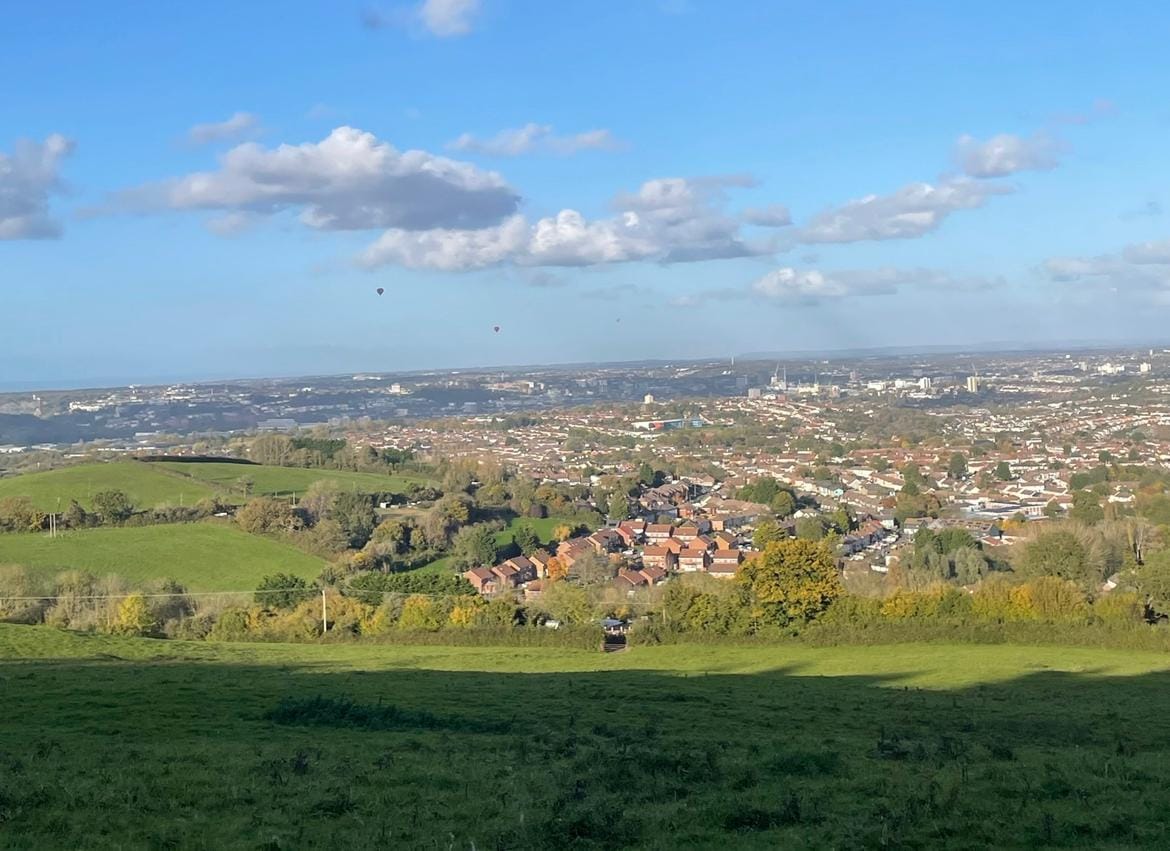By Billy Stockwell, Climate Correspondent
With lockdown measures starting to ease across the UK, a recent report has added evidence to the claims that we desperately need a green recovery in Bristol following the coronavirus pandemic.
Written by five MSc. Environmental Policy Management students the report, was released by the University last Friday.
It concludes that Bristol will not reach its carbon neutral commitment by 2030 without a more ambitious reduction in transport emissions.
‘The thing we’ve highlighted most in our report is the modal share which we see to be necessary, to reach carbon zero by 2030, explains Anna Collingridge, one of the report’s authors.
‘That means 55% of journeys need to be from active travel, 20% from cars and 25% from public transport,’ she adds.
Along with a decline in car use from 51% to 20% over the next decade, the report also finds that active transport (i.e. walking and cycling) should be prioritised in city planning, coordination between transport stakeholders needs to be improved and social barriers to cycling and walking must be addressed.
Eveline Hall, another author of the report, has detailed how the researchers ‘were under no illusions that the city had a lot to do to meet its targets.’
‘Although the numbers were already quite high, she says, ‘we were aware that there was still a lot needed to be done.’

In 2018, Bristol City Council became the first local authority to declare a climate emergency in the UK and following this commitment the Sustainable Transport Network (STN) suggested changes to Bristol’s modal share – the proportion of different transport types in the city.
However, the findings of this report suggest that STN’s initial recommendations do not go far enough. Over the next decade there needs to be an 88% reduction in emissions in the transport sector for Bristol’s carbon neutral goal to be achieved.
According to the report, funding constraints, poor coordination between authorities and poor quality of data about current transport usage means that the task of shifting approximately 551 million miles of total travel from cars to other modes is not going to be easy.
But, as Eveline explains, things have recently begun to change.
‘Initially we thought that the steps needed were incredibly ambitious, but even the week we presented our report things were already moving really quickly.
‘There were plans being announced by Bristol City Council to accelerate the pedestrianisation of the old city, close Bristol bridge and Baldwin street to through traffic and other initiatives like that.’
Both authors told Epigram that coronavirus provides a unique opportunity to ensure a green recovery in Bristol post-lockdown.
‘I do think this is a prime opportunity to push for active travel and really engage in improving cycle infrastructure’ says Anna. ‘However, the scary thing is, some bus companies have been promoting public transport ridership quite a lot in recent years, and I think that could fall given the virus, and how much harder it is to maintain social distancing.’

Sean Fox, a senior lecturer at Bristol University, meanwhile, believes that coronavirus has provided us with a ‘unique and potentially transformative moment’, though rejects the idea that coronavirus has somehow made the climate emergency more pressing.
‘We needed these changes before COVID-19 struck, and we’ll need them no matter how long it lasts. The crisis doesn’t really change the urgency in my view.’
‘The lockdown has broken every routine and forced all of us to change the ways we engage with others. And that has proven to be an important learning experience. So, I think the question should be: how can we use this exceptional disruption to our lives to learn how to live more sustainably?’
Sean Fox collaborates with the Bristol City Office to monitor the cities progress with the UN’s Sustainable Development Goals (SDGs). In July 2019, he was lead researcher for the ‘Bristol and the SDGs: a voluntary local review of progress’ report.
Along with an increase in public transport usage, it found that since 2010 the number of cyclists has increased by over 10,000.
However, as Sean explained, many of Bristol’s residents still heavily depend on their cars for transport. To overcome this requires addressing both economic and social barriers in the city. ‘We need to provide attractive alternatives, including more reliable and comfortable bus services and active transport infrastructure that makes people feel safer than they do today’ he says.
‘The gender imbalance in cycling, for example, is striking. Women are half as likely to cycle as men, largely due to safety concerns. This can be fixed relatively cheaply. It’s a win-win for the environment and inclusion.’
According to Sustrans, a walking and cycling charity operating in Bristol, 77% of women feel that cycling safety needs to be improved.
Beyond Greta: youth climate activists across the globe
Road to carbon neutral: the feasibility of electric cars
Along with the City Council, the University has a very important role to play in the future of Bristol’s transport sector. It does this through ‘research and advocacy’, Sean believes, but also by actively promoting sustainable transport options.
Anna, one of the report authors, believes the University has the ‘opportunity to encourage active travel and the use of public transport’. She wants the University to consider: ‘Do students need more places to lock their bikes? Do they need showers available?’
‘Little things like that could really encourage people to get out of their cars and onto their bikes.’
Currently, Bristol University provides free bus passes for students in Stoke Bishop residences, free cycle repair and interest-free loans for public transport season tickets. The University states on its website: ‘We encourage all our students and staff to travel sustainably.’
‘By travelling sustainably, our students and staff help reduce congestion, improve the air quality of the city, and reduce the amount of carbon that is released into the atmosphere.’
But as this report shows, more ambitious goals are needed.
To find out more about Bristol’s plans to ‘accelerate existing long-term transport ambitions’ in response to the coronavirus pandemic, click here.
Featured image: University of Bristol / Unsplash / Wikimedia
Are you optimistic Bristol will meet its 2030 carbon targets?









